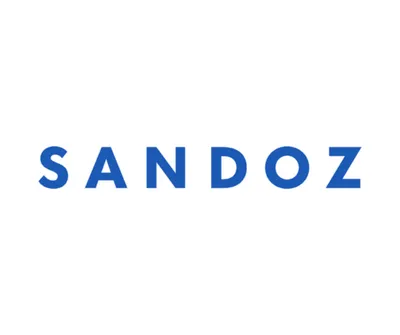What is a major healthcare challenge in the local market and how can its impact be anticipated?
The reality we are facing is the rise of chronic diseases among a growing population with increasing life expectancy. The natural consequence is the rising demand for healthcare and medication which most likely will continue. So, more people require more - and sometimes more expensive - medicines.
In Greece, this challenge becomes even more complex, as a significant decline is reported in public funding for health expenditure (%) compared to the EU. The industry is burdened with extremely high returns to the state which frequently threaten the availability of many pharmaceutical products. This pressure makes it challenging both for affordable solutions to survive in the market and innovative ones to enter it. Only if effective measures to rationalise spending are applied, in combination with a gradual strengthening of public financing, will it be possible to have a predictable and more sustainable environment with the containment or even reduction of mandatory returns.
There is a consensus that we need to work together, with a long-term view, to build strong foundations to meet the patient's needs and ensure their access to their medication in a sustainable economic environment.
Generics & Biosimilars are certainly part of the solution. We are happy to hear the authorities’ intention to increase their adoption. This adoption is something that is monitored across geographies and serves as a measure of system sustainability. It enables savings to patients, payers and governments, while also providing widespread access to life-saving therapies, balancing pharmaceutical spending and freeing up funds for future innovation.
It is our role as an industry to bring these solutions. We count on authorities and policymakers to enable both the entrance and sustainability of these medicines while motivating their more extensive adoption. In our opinion, we need to approach this from multiple angles:
a) Expedited pricing and reimbursement process for generics and biosimilars’ entrance,
b) data-driven policies,
c) proper incentives to motivate the use of these products, and above all, open dialogue between health authorities and the industry with a long-term vision,
d) sustainable net prices to ensure market availability of pharmaceutical products.
In any conversation, I believe that the key to finding common ground is always prioritising the patient in all strategies and actions, either as an industry or as a policymaker.






